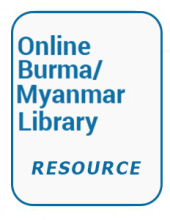Land Library Search
Through our robust search engine, you can search for any item of the over 73,000 highly curated resources in the Land Library.
If you would like to find an overview of what is possible, feel free to peruse the Search Guide.
/ library resources
Showing items 1 through 9 of 13.This article summarizes the nature of land-related conflicts in the Philippines within the context of the prevailing agrarian situation throughout the country.
ABSTRACTED FROM INTRODUCTION: How have national and state governments the world over come to “own” huge expanses of territory under the rubric of “national forest,” “national parks”, or “wastelands”?
The constitution was promulgated by the President following the approval of 76.99% of voters in a national referendum.
The President promulgated the constitution after it was approved in a national referendum.
Over the last decade, following the doi moi reforms, the Vietnamese government has formally recognised the household as the basic unit of production and allocated land use rights to households. Under the 1993 Land Law these rights can be transferred, exchanged, leased, inherited, and mortgaged.
The constitution was approved by the National Transitional Council.
... Karenni people celebrated three kinds of pole festivals in a year. The first one is called Tya-Ee-Lu-Boe-Plya. During this festival, the people went to their paddy fields, vegetable farms, picked the premature fruits and brought it to the Ee-Lu-pole.
A short analysis of the new draft Communal Land Rights Bill and of the tenure problems in the former homelands. Argues that the bill would greatly strengthen the powers of unelected traditional leaders at the expense of ordinary rural dwellers.
Focuses on the problems of implementing new land laws in Africa, with particular emphasis on those in Tanzania, Uganda and South Africa. Includes background, the policy environment, implementers, accommodative non-state land reform, and radical non-state land reform.





